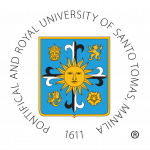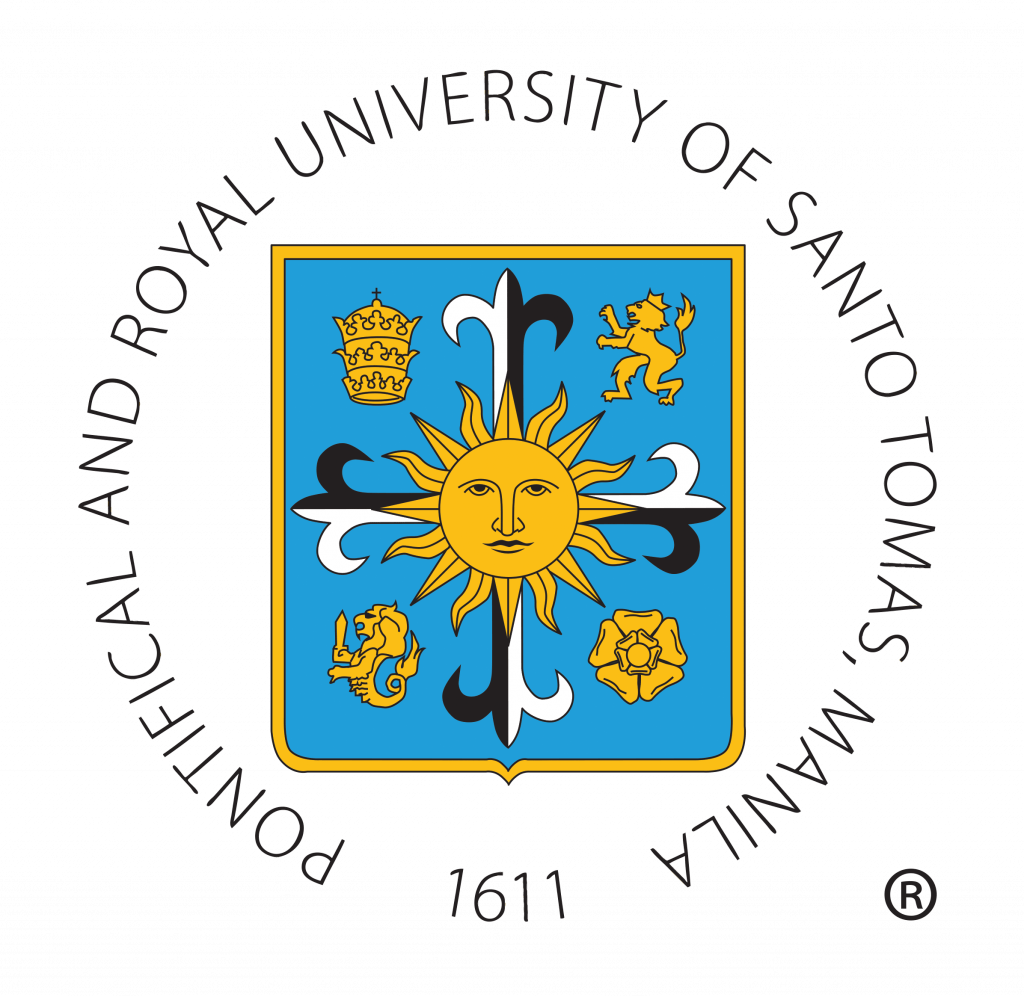UNIVERSITY OF SANTO TOMAS
Ecclesiastical Faculties
Graduate Attributes and Program Intended Learning Outcomes
A graduate of UST Ecclesiastical Faculties is expected to be:
1. A SERVANT LEADER who shows:
- Capacity to think of one’s well-being and flourishing within the context of service and responsibility for others. He develops fervent ‘pastoral concern’ (cf. Optatam Totius, 19-20) and is aware that leading is primarily serving and is therefore trained to think of one’s well-being always within the context of responsibility and service for others.
- Ethical Action and Moral Character. He manifests “the joy that the Church is impelled by Jesus to bear witness to and to proclaim in her mission, unceasingly and with ever renewed vigor” (Veritatis Gaudium, Foreword, 1).
- Social Awareness and Global Perspective. He demonstrates ‘thought patterns, standards of judgments, and norms of behavior that are permeated by the Gospel’ (cf. Sapientia Christiana, Foreword, I)
2. AN EFFECTIVE COMMUNICATOR AND COLLABORATOR who shows:
- Capacity to engage with other traditions and cultures for the pursuit of the Truth in the spirit of dialogue. He broadens ‘the scope of his reason’ that enables it ‘to understand and guide the powerful new forces troubling the human family, animating them with the perspective of that ‘civilization of love’ whose seed God has planted in every people, in every culture.’ He engages in several forms of interactions of different levels of human knowledge, theological and philosophical, social and scientific” (Veritatis Gaudium, Foreword, 2).
- Manifest wisdom, reflection and thinking that is capable of presenting the Truth of Revelation through inter-disciplinary and cross-disciplinary approaches. He endeavors to ‘restore the unity of content, perspective and aim of the science being taught, on the basis of the Word of God and its culmination in Christ Jesus, the Word of God made flesh’ (Veritatis Gaudium, Foreword, 4.c).
- Communicate Effectively the Heritage of the Catholic Church. He proclaims the Gospel and the Church doctrines promoting a ‘culture of encounter’ ‘between all the authentic and vital cultures’ (see Veritatis Gaudium, Foreword, 4.b; see Caritas in Veritate, 4). He maintains “contact with scholars of other disciplines, whether these are believers or not,’ in an effort to ‘evaluate and interpret the latter’s affirmations and judge them in the light of the revealed truth’ (see Veritatis Gaudium, Foreword, 4.b; see Gaudium et Spes, 62).
3. AN ANALYTICAL AND CREATIVE THINKER who shows:
- Fidelity to Catholic heritage in the use of scientific methods for what Pope Francis would call as ‘creative apologetics.’ He takes research undertakings which allow him/her to interact, with responsible freedom and mutual transparency, with scholars from different religious universities and from different scientific fields for the sake of protecting nature, defending the poor, and building networks of respect and fraternity (Veritatis Gaudium, Foreword, 5).
- Capacity to demonstrate the relevance of the Christian worldview. He demonstrates the consistency of the Christian view of the world, of man and of God, placing in a proper light the relationship between philosophy and theology in the service of Divine Revelation (cf. Veritatis Gaudium, 81, §1).
- Capacity to do scientific research that promotes the gradual improvement of the level of philosophical, theological and juridical studies and other related sciences. He does research that seeks to ‘communicate more effectively the truth of the Gospel in specific context, without renouncing the truth, the goodness and the light which it can bring whenever perfection is not possible’ (Veritatis Gaudium, Foreword, 5).
4. A LIFELONG LEARNER who shows:
- Openness towards specialized studies that engage in deeper dialogue with different scientific fields. He manifests the capacity to implement Newman’s vision of allowing the faith to become the kernel for scientific research (see Veritatis Gaudium, Foreword, 4.c).
- Openness towards a ‘network of relations’ which acknowledges that it is proper for every human being to tend towards others. He becomes sensitive to the cries of the earth’s poor, and gives concrete expressions to the social dimension of evangelization’ (Veritatis Gaudium, Foreword, 4a).
- Openness to collaborate with experts including those who do not share the Catholic faith. He exhibits in his scientific works a catholicity that is open to the cultivation and promotion of cooperation with academic institutions in different countries and cultures, and with those inspired by different cultural and religious traditions (see Veritatis Gaudium, Foreword, 5).
Important Links
Congregation for Catholic Education: http://www.educatio.va
University of Santo Tomas: www.ust.edu.ph
UST Miguel de Benavides Library: http://library.ust.edu.ph/
UST MyUSTE Student Portal: https://myuste.ust.edu.ph/
UST Directory: https://www.ust.edu.ph/contacts/
UST EDTech: https://www.elearningust.info/
Philippiniana Sacra: https://philsacra.ust.edu.ph/
Boletin Eclesiastico de Filipinas: http://boletineclesiastico.ust.edu.ph/
PONTIFICAL AND ROYAL UNIVERSITY OF SANTO TOMAS
Ecclesiastical Faculties
© Copyright 2021 . UST Ecclesiastical Faculties . All Rights reserved.

Contact us:
-
Ecclesiastical Faculties Father’s Residence Building
University of Santo Tomas
España Boulevard, Sampaloc
Manila 1015, Philippines -
(+632) 8731-4066
(+632) 3406-1611 local 8261 - ecclesiastical@ust.edu.ph
- @USTEccle
- @USTEccle
